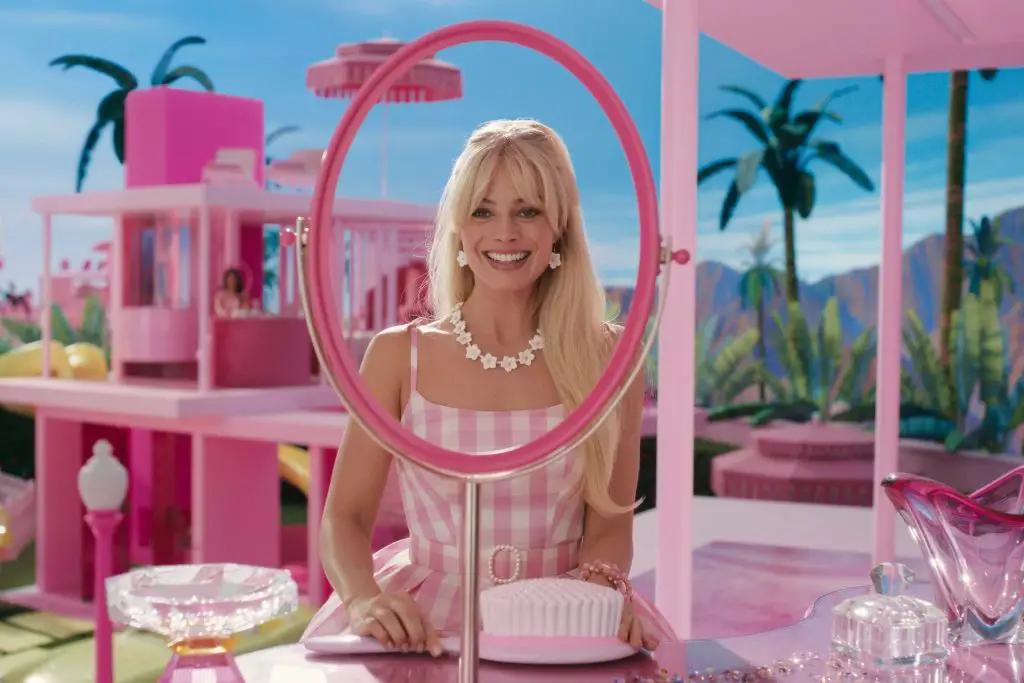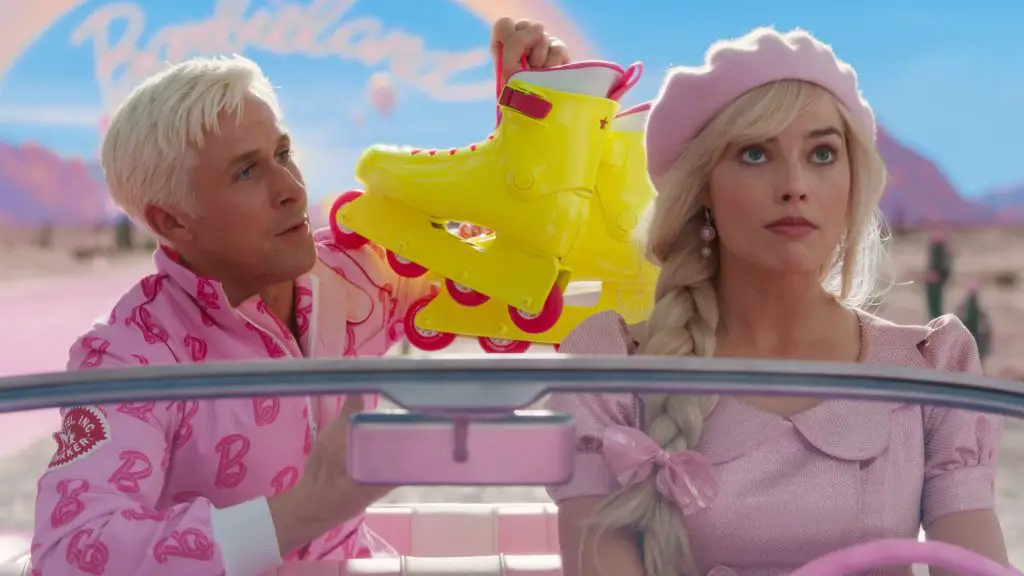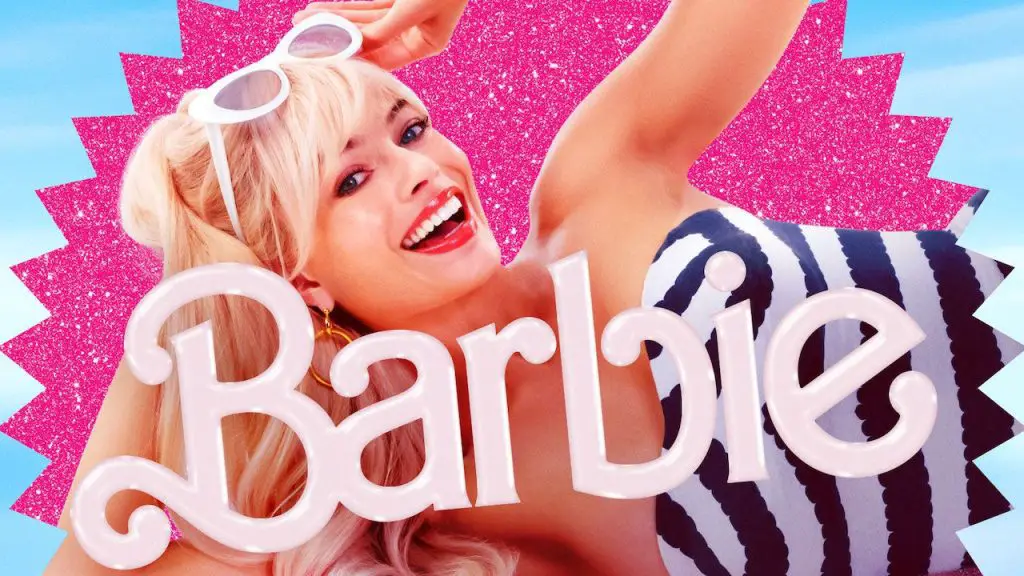Greta Gerwig, the visionary behind the outstanding success of Barbie, has firmly established herself among the Hollywood elite. While many assume she had an overnight success, Gerwig’s rise to prominence has been a more conventional, step-by-step journey, especially when compared to some of her contemporaries who find themselves helming major franchise films after just a couple of indie successes.
The sheer magnitude of Barbie’s success caught the industry by surprise. Three weeks after its premiere, the movie shattered multiple records. On a notable Friday, the film not only sailed past the $500 million mark domestically but had also previously breezed past the $1 billion mark on the global charts. With these milestones, Barbie emerged as the highest-grossing domestic film ever directed by a woman, surpassing Frozen II, helmed by Jennifer Lee and Chris Buck. Internationally, Barbie also took the throne as the highest-grossing live-action film by a female director, leaving behind Captain Marvel’s impressive $1.13 billion global collection, a film directed by Anna Boden and Ryan Fleck.
Gerwig’s journey in the industry began alongside the distinct indie filmmaker Joe Swanberg, as they co-directed Nights and Weekends. Her debut as a solo director was with the universally appreciated Lady Bird, which accumulated nearly $80 million globally. This achievement paved the way for her to receive Oscar nominations in both Best Director and Best Original Screenplay segments. Not resting on her laurels, Gerwig then presented Little Women, a film that amassed over $200 million globally and added another feather to her cap with an Academy Award nomination for Best Adapted Screenplay.
Ascending the Ladder: Gerwig’s Strategic Movements in Film

From a production budget of a mere $10 million for Lady Bird, Gerwig’s ambitions and vision grew with Little Women which had a $40 million budget. Barbie, her latest magnum opus, is rumored to have been produced on a lavish budget of around $150 million. The trajectory of her career aligns well with Ridley Scott’s perspective. In a 2017 discussion with Vulture, Scott emphasized the wisdom of directors progressing gradually in terms of film budgets, allowing them to grow and learn with each project, rather than jumping to big-budget films prematurely.
With the world at her feet, Gerwig’s future looks incredibly promising. While the industry is abuzz with the possibility of a sequel to Barbie, she is currently set to direct two films set in the Narnia universe for Netflix. Rooted in the iconic Mattel toy line, Barbie delivers a riveting, sharp-witted commentary on issues such as patriarchy, existentialism, and feminism. The film, starring the talented duo of Margot Robbie and Ryan Gosling, represents not just a critical success but also a commercial triumph, especially after their recent series of underwhelming box-office performances.
In Conclusion

Greta Gerwig’s ascent in the film industry is a testament to patience, persistence, and raw talent. While Barbie serves as a watershed moment in her career, it is the culmination of years of dedicated work and evolution as a filmmaker. As audiences and critics await her next venture, one thing is clear – Gerwig is a force to be reckoned with, and her journey is only just beginning.


